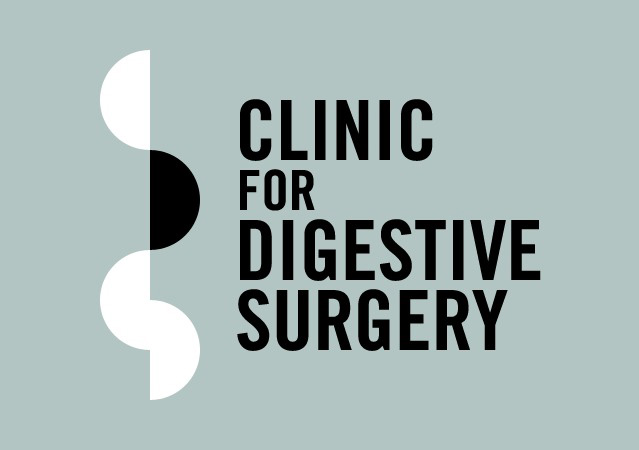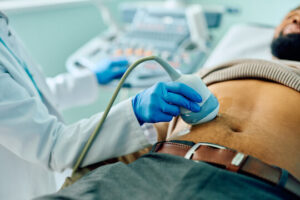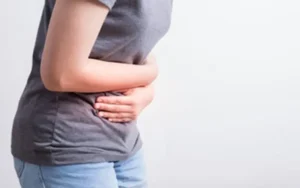We’ve all felt that uncomfortable burning sensation in our chest or throat after indulging in a heavy meal, but for many, this isn’t just a rare inconvenience. If acid reflux is interfering with your life several times a week, it might indicate Gastroesophageal Reflux Disease (GERD)—a chronic condition that requires attention. If left untreated, GERD can lead to complications, but the good news is that there are effective treatments available to help you regain control.
What Is GERD? A Quick Overview
GERD occurs when stomach acid frequently flows back into the esophagus, the tube that connects your mouth and stomach. This acid reflux irritates the lining of the esophagus, resulting in symptoms such as:
- Heartburn (a burning sensation in the chest).
- Regurgitation (a sour or bitter-tasting liquid in your throat).
- Difficulty swallowing.
- Chronic cough or sore throat.
- While occasional reflux is normal, GERD is diagnosed when these symptoms persist and negatively impact your quality of life.
The Most Effective GERD Treatments
Managing GERD often involves a combination of strategies, customized to the severity of your condition. Here’s a summary of the most effective options:
1. Over-the-Counter Medications
For mild to moderate symptoms, over-the-counter (OTC) medications can offer quick relief. These include:
- Antacids: These neutralize stomach acid and are great for fast relief of heartburn. Popular options include Tums, Rolaids, and Maalox. However, they provide only temporary relief and aren’t meant for long-term use.
- H2 Blockers: Medications like famotidine (Pepcid) and ranitidine (prior to its recall) decrease acid production in the stomach. They offer longer-lasting relief than antacids but may take about 30 minutes to take effect.
- Proton Pump Inhibitors (PPIs): Available in OTC forms like omeprazole (Prilosec) and lansoprazole (Prevacid), PPIs are very effective at reducing acid production. They are recommended for more persistent symptoms but should be used as directed to prevent overuse.
2. Prescription Medications
For severe or chronic GERD, doctors often prescribe stronger versions of H2 blockers or PPIs. Prescription options include:
- Higher-Dose PPIs: Medications like pantoprazole (Protonix) or esomeprazole (Nexium) can help heal esophageal damage caused by acid reflux.
- Prokinetics: Drugs such as metoclopramide enhance stomach movement, helping to prevent reflux. However, due to potential side effects, they are typically reserved for specific cases.
- Baclofen: This medication decreases the frequency of relaxation in the esophageal sphincter, which can help limit acid reflux episodes.
3. Lifestyle Changes for Long-Term Relief
While medications can help manage symptoms, making lifestyle changes is crucial for long-term GERD management. Small adjustments to your daily routine can lead to significant improvements:
Maintain a Healthy Weight:
Excess weight can put pressure on your stomach, increasing the likelihood of reflux. Losing even a small percentage of body weight can greatly alleviate symptoms.
Adjust Your Diet:
Certain foods can trigger GERD symptoms for many individuals. Common offenders include:
- Spicy foods.
- Citrus fruits.
- Tomatoes and tomato-based products.
- Chocolate.
- Caffeine and alcohol.
Experiment with your diet to pinpoint your triggers and focus on GERD-friendly foods like oatmeal, lean proteins, and non-citrus fruits.
Eat Smaller Meals:
Large meals can overwhelm your stomach and exacerbate reflux. Instead of three large ones, aim for smaller, more frequent meals.
Avoid Lying Down After Eating:
Wait at least 2-3 hours after a meal before lying down. Gravity helps keep stomach acid where it should be.
Elevate Your Head While Sleeping:
Use a wedge pillow or adjust the head of your bed at night to prevent acid from flowing back into the esophagus.
Quit Smoking:
Smoking weakens the lower esophageal sphincter, making reflux more likely. Quitting can enhance symptoms and improve overall health.
Surgical Options for Severe GERD
When lifestyle changes and medications fail to provide relief, surgical options may be necessary. Common procedures include:
- Fundoplication: This surgery strengthens the lower esophageal sphincter by wrapping the upper part of the stomach around it. It’s very effective for severe cases of GERD.
- LINX Device: A ring of magnetic beads is placed around the lower esophageal sphincter to prevent reflux while allowing food to pass through.
- Endoscopic Procedures: Minimally invasive techniques, such as radiofrequency treatment, can help reinforce the esophageal sphincter.
When Should You See a Doctor?
While occasional heartburn is normal, persistent GERD symptoms need medical attention. Consult a doctor if:
- You experience heartburn or acid reflux more than twice a week.
- Over-the-counter medications are no longer effective.
- You have difficulty swallowing or are experiencing unexplained weight loss.
- You notice signs of esophageal damage, like blood in your vomit or stool.
Neglecting GERD can lead to complications such as esophagitis (inflammation), Barrett’s esophagus (a precancerous condition), or even esophageal cancer.
How to Manage GERD and Regain Your Comfort
GERD can be daunting, but effective treatments and proactive measures can help you take back control. Whether it’s modifying your diet, finding the right medication, or considering advanced therapies, the important thing is to tackle the condition early and consistently.
Don’t let acid reflux limit your life. Start your journey to relief by discussing a personalized GERD treatment plan with our doctors. Have questions or tips to share? We’d love to hear from you!










